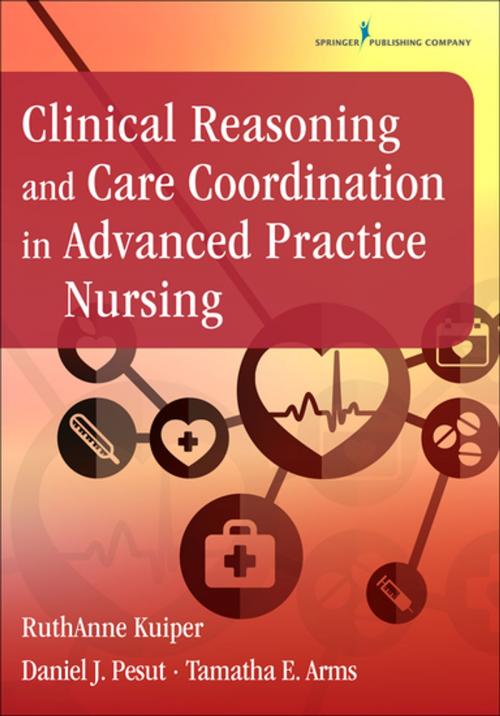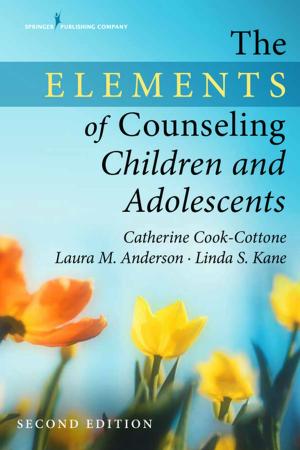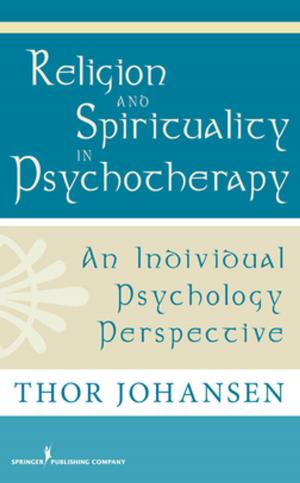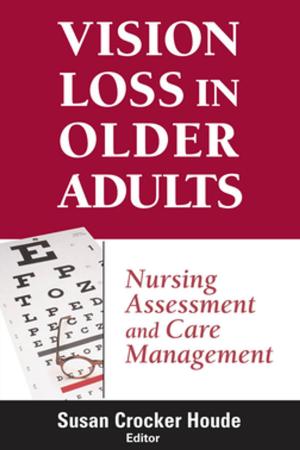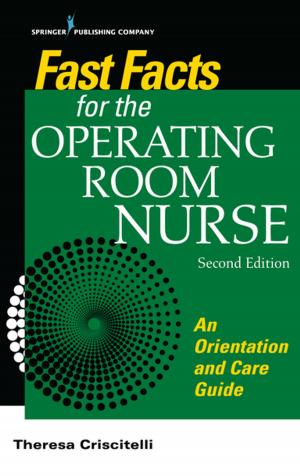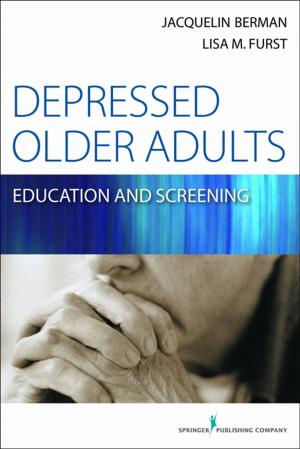Clinical Reasoning and Care Coordination in Advanced Practice Nursing
Nonfiction, Health & Well Being, Medical, Nursing, Assessment & Diagnosis, Nurse & Patient, Fundamentals & Skills| Author: | RuthAnne Kuiper, PhD, RN, CNE, ANEF, Daniel J. Pesut, PhD, RN, PMHCNS-BC, FAAN, Tamatha E. Arms, DNP, PMHNP-BC, NP-C | ISBN: | 9780826131843 |
| Publisher: | Springer Publishing Company | Publication: | April 28, 2016 |
| Imprint: | Springer Publishing Company | Language: | English |
| Author: | RuthAnne Kuiper, PhD, RN, CNE, ANEF, Daniel J. Pesut, PhD, RN, PMHCNS-BC, FAAN, Tamatha E. Arms, DNP, PMHNP-BC, NP-C |
| ISBN: | 9780826131843 |
| Publisher: | Springer Publishing Company |
| Publication: | April 28, 2016 |
| Imprint: | Springer Publishing Company |
| Language: | English |
This book describes an innovative model for helping APRN students develop the clinical reasoning skills required to navigate complex patient care needs and coordination in advanced nursing practice. The the Outcome-Present-State-Test (OPT)model and the Care Coordination Clinical Reasoning (CCCR) model, encompasses clear, step-by-step processes that students can use to learn the skills of differential diagnosis and to hone clinical reasoning strategies. The OPT method facilitates understanding of the relationship among patient problems, outcomes, and interventions that focus on promoting patient safety and the CCCR method reinforces strategies to meet the essential care coordination needs of patients and families with complex health problems.. It moves beyond traditional ways of problem solving by focusing on patient scenarios and stories and juxtaposing issues and outcomes that have been derived from an analysis of patient problems, evidence-based interventions, and desired outcomes.
This book describes an innovative model for helping APRN students develop the clinical reasoning skills required to navigate complex patient care needs and coordination in advanced nursing practice. The the Outcome-Present-State-Test (OPT)model and the Care Coordination Clinical Reasoning (CCCR) model, encompasses clear, step-by-step processes that students can use to learn the skills of differential diagnosis and to hone clinical reasoning strategies. The OPT method facilitates understanding of the relationship among patient problems, outcomes, and interventions that focus on promoting patient safety and the CCCR method reinforces strategies to meet the essential care coordination needs of patients and families with complex health problems.. It moves beyond traditional ways of problem solving by focusing on patient scenarios and stories and juxtaposing issues and outcomes that have been derived from an analysis of patient problems, evidence-based interventions, and desired outcomes.
